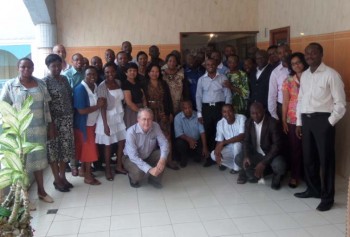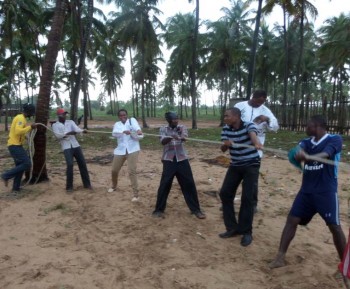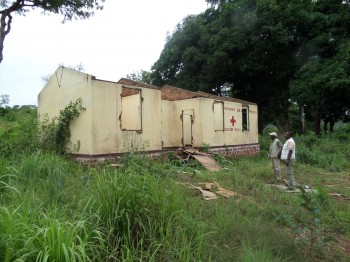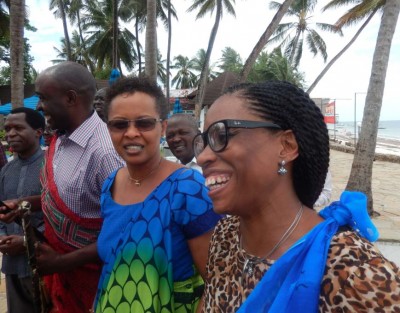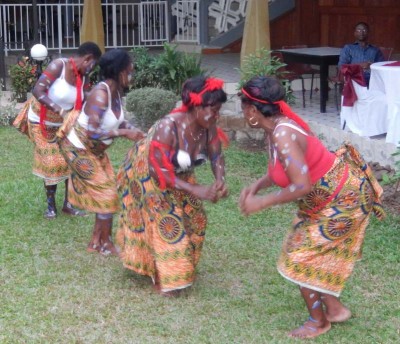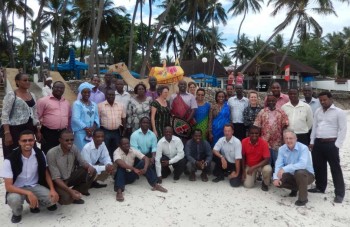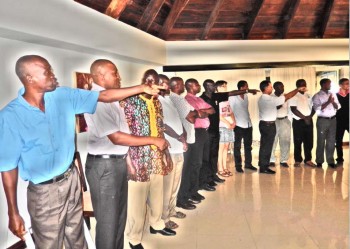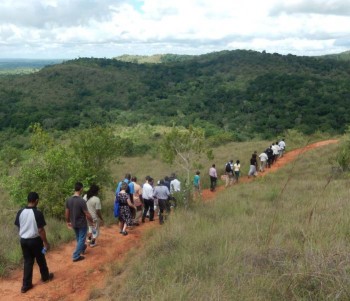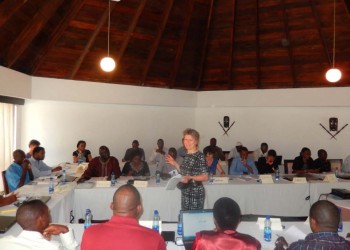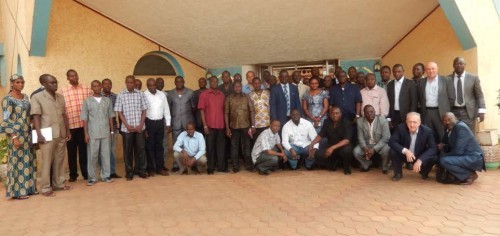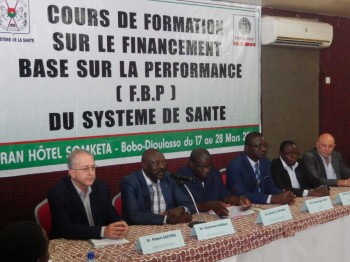At June 27th, 2014 the 37th PBF course ended in Cotonou, Benin.
There were 33 participants: 13 from Benin, 6 both from Madagascar and Burkina Faso, 3 from Burundi, 2 both from CAR and DRC and one from Cameroun.
The debates were lively in particular concerning the topic of the involvement of private for-profit health providers.
This course again showed the importance of working with a group from different countries, which allows participants to think outside the box.
Benin added 13 persons trained in PBF and this is important because the country could benefit from a more pure PBF approach with more autonomous health facilities. Yet this requires advocacy and political will.
Madagascar just started PBF and could benefit from a more pure form of PBF with a larger per capita budget, a larger package to be subsidised and to include the hospital level.
Burundi was the most advanced country in PBF present during the course and this helps the participants from other countries to learn.
In Central African Republic the main question is how to maintain the achievement of PBF also during the crisis that started in March 2013.
In DRC it will be important to advance to performance financing instead of all kind of input models and monopolistic supply of drugs in this huge country where only decentralisation and market forces can solve distribution problems.
One of the main ideas of this course was also to think outside the box with innovative solutions for problems to emerge.

